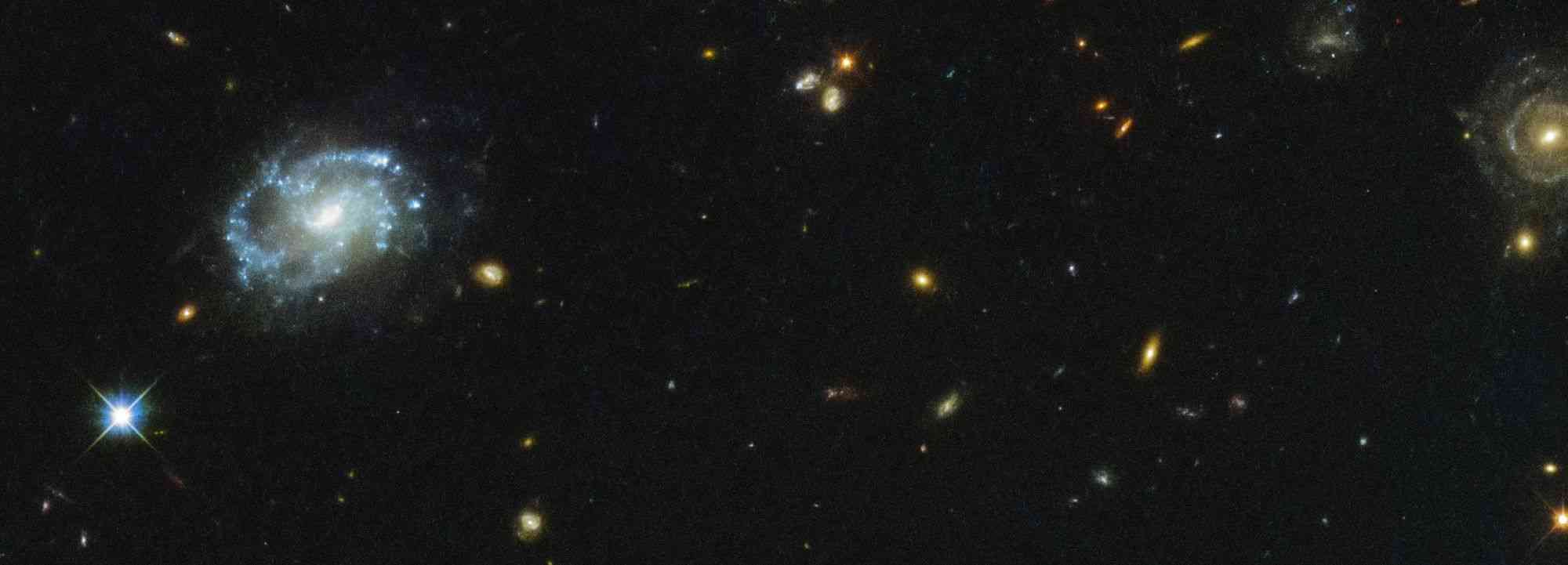Caffeine is a rather bitter substance naturally present in more than 60 plants, including tea leaves, nuts, chocolate or cocoa products and coffee beans.
There is also another type of caffeine called and known as "synthetic caffeine" or "artificial caffeine" which is the substance created by the mankind and is also added to many foods, beverages and medicines for human consumption, analgesics or medicines related to flu or colds.
When we talk about caffeine it is known that most of the caffeine consumed by people comes specifically from beverages for human consumption. The amount of caffeine in different measures can depend on how much caffeine is in a consumable product.
All caffeine can have different effects on the human body and as well as showing effects on the metabolism of a human body, caffeine can help to stimulate the entire central nervous system of a person which leads each person consuming coffee to feel more active and to maintain an energetic state of mind.
It is also known that coffee is a good stimulant to help the body in many cases to get rid of water and toxins released by the body. Caffeine also increases blood pressure in humans and may be related to the interruption of calcium absorption in the body.

Each consumed part of the caffeine in the human body can reach its maximum level in the blood after approximately one hour of having been consumed and in the same way each person who consumes caffeine can continue feeling and experiencing the effects of caffeine for between 3 to 6 hours.
When a person consumes too much caffeine in excess, he or she can present and experience side effects. In general, for many people it is not harmful to consume up to 250mg of caffeine daily, but in the same way for many people who consume too much caffeine daily they can present health problems such as:
- Dehydration
- Accelerated heart rate
- Headaches
- Insomnia
All energy drinks have caffeine and can also become a serious health problem for many people who consume caffeine in excess, since all energy drinks containing caffeine are drinks that artificially add caffeine in large quantities and in many cases the complementary label does not give the nutritional information of the real amount of caffeine that the consumable product may contain for people.
Many of the companies involved in the manufacture of energy drinks and the addition of large amounts of caffeine to their products have claimed that caffeine significantly helps to increase a person's physical and mental performance benefiting adolescents and adults who have trouble staying awake.
Many of the energy drinks or products that contain caffeine can become a danger in the lives of many people due to the enormous amounts of caffeine they contain and the enormous amount of sugar that can contribute to diabetes or weight gain in a person.

There must be some precautions for many people to be able to limit the caffeine in their organism, women who are pregnant cannot consume any type of caffeine since caffeine can be harmful for the baby through the placenta, in the same way if the woman is breastfeeding a small sample of caffeine can reach the baby's organism and harm it. Caffeine for many people can cause problems related to sleep, headaches and migraines or even anxiety.

For many people who do not consume caffeine, the experience of abstaining from consuming caffeine can provoke headaches or irritability in the whole organism and also difficulties or problems to be able to concentrate on something specific.
The caffeine that we consume reaches our brain in a fast and effective way acting as a stimulant in many cases that affects our alertness when it helps us to feel less tired and more awake. But in the same way it is related that caffeine can cause sleep disorders or personal problems with excessive or abusive consumption.
Likewise, it should not be forgotten that the consumption of caffeine can cause acidity or stomach discomfort since it acts as a diuretic and does not specifically calm the laser in the human organism and when caffeine goes from being consumed normally to an excess, it is not stored in the body but is only processed in the liver and comes out as diuretic waste. The consumption of coffee in excess causes dehydration in the human organism, excessive thirst and diarrhea.
Caffeine when consumed is responsible for sending a signal to the central nervous system that it should wake up due to its effects, due to this, for many people who suffer from anxiety, they present problems in signal to the anxious potentiation after drinking coffee, this can lead to panic attacks and for this reason the intake of caffeine in the whole body should be avoided.

Caffeine is present in many medicines and drugs whose purpose is to alleviate headaches and it is also known that the excessive consumption of caffeine in the human organism can generate great headaches from low to high levels depending on the quantities of caffeine ingested in the body.



